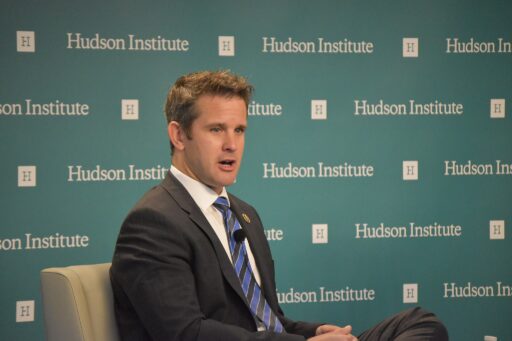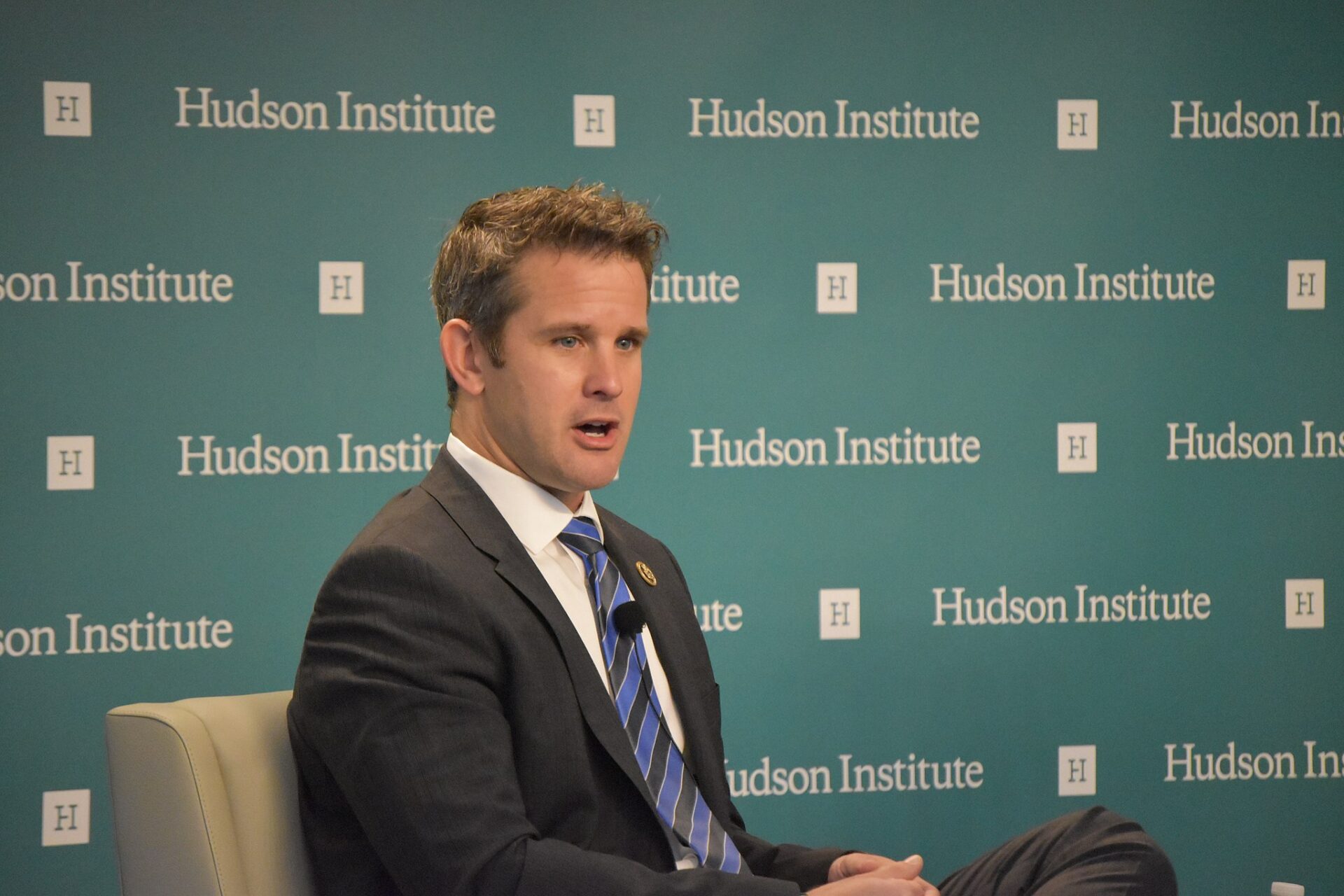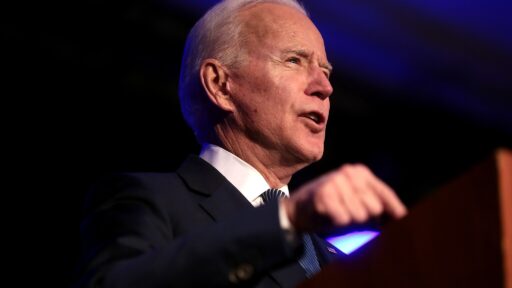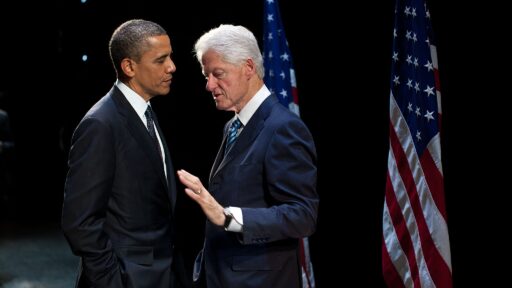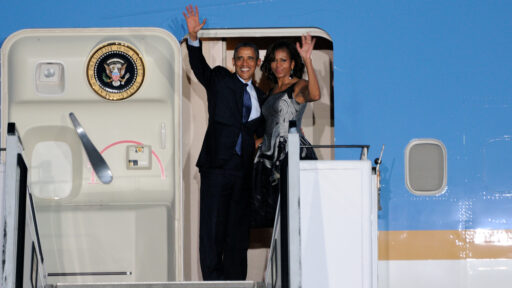This was aggressive.
Former Rep. Adam Kinzinger (R-Ill.) voiced strong disapproval of former President Trump’s selection of Sen. JD Vance (R-Ohio) as his running mate, particularly citing Vance’s past stance against providing aid to Ukraine amidst Russia’s invasion. Kinzinger criticized the choice during an appearance on “The Late Show with Stephen Colbert,” drawing attention to the Republican National Convention in Milwaukee and Moscow, the latter being a pointed reference to Vance’s controversial positions.
“JD Vance has been vocal about his indifference towards Ukraine, opposing crucial aid at a critical time,” Kinzinger remarked. He emphasized the significance of supporting Ukraine in its defense against Russian aggression, labeling it as one of the most substantial defenses of freedom since World War II. Kinzinger highlighted the unity and resilience of Ukrainian citizens, noting their collective effort in defending their homeland and the minimal ask of financial support from allies.
In Kinzinger’s view, Trump’s decision to pick Vance as his vice presidential candidate was deeply flawed. He criticized Vance’s shifting political allegiances, branding him as opportunistic and lacking a consistent moral compass. Kinzinger expressed bewilderment at Vance’s favorable views towards Russia and its actions in Ukraine, which he attributed to Vance echoing Russian propaganda.
Vance’s foreign policy approach mirrors Trump’s “America First” doctrine, advocating for reduced U.S. military involvement in Europe and a strategic focus on countering China in Asia. He has been skeptical about the sustainability of U.S. military aid to Ukraine and has suggested greater European involvement in regional defense. Vance has also called for engaging with Russian President Vladimir Putin from a pragmatic standpoint, emphasizing the need to prioritize American interests in diplomatic relations.
Kinzinger’s criticism follows Trump’s official nomination as the Republican presidential candidate, an event overshadowed by an attempted assassination at a recent rally. Trump swiftly offered Vance the vice presidential role, a decision that sparked immediate controversy and drew Kinzinger’s outspoken condemnation.
In summary, Kinzinger’s critique of Vance underscores deep-seated concerns about Vance’s foreign policy positions and his alignment with Trump’s contentious geopolitical strategies. The debate surrounding Vance’s nomination reflects broader divisions within the Republican Party regarding international relations and America’s role in global diplomacy.


